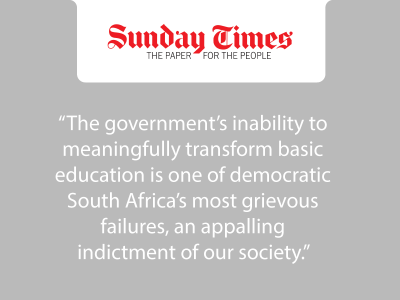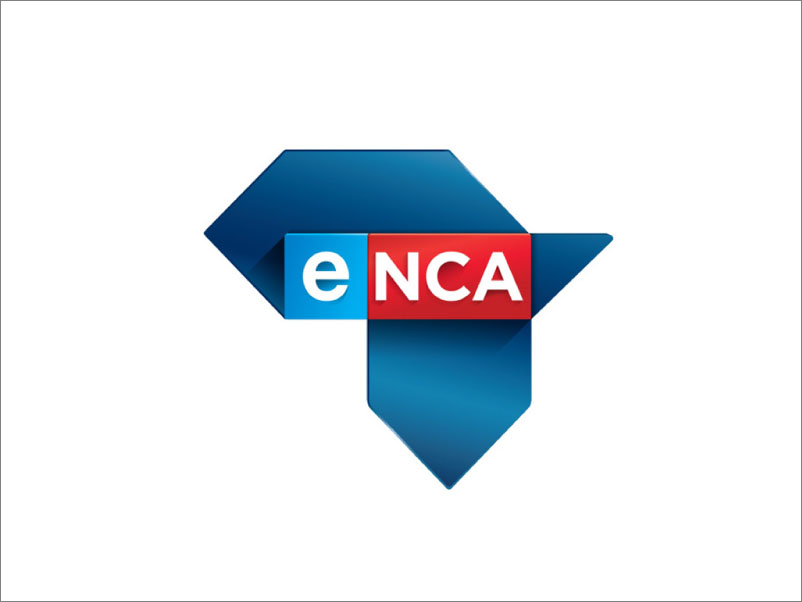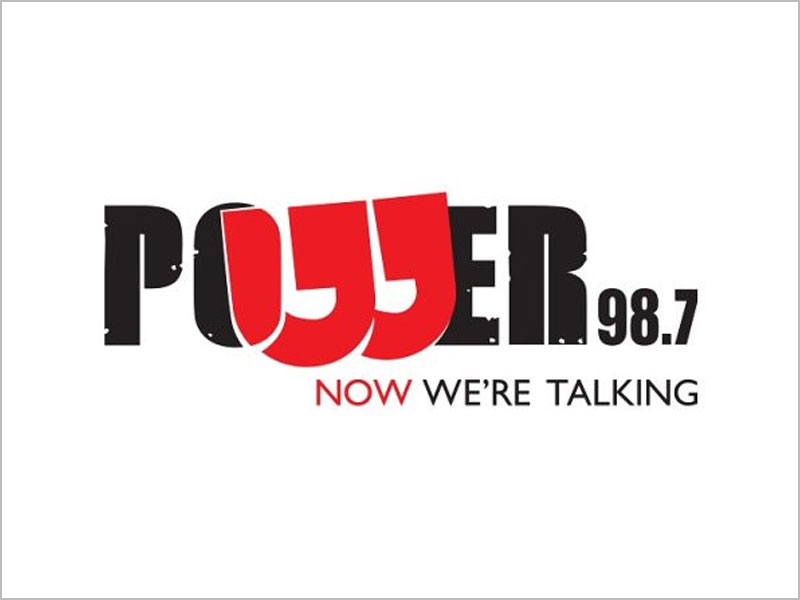
Reining in Sadtu and improving teacher quality are among the priorities in helping pupils actually learn.
Nearly 29 years since we became a democracy, the majority of South Africa’s schoolchildren still do not receive a decent education. This longstanding crisis receives far too little attention.
The government’s inability to meaningfully transform basic education is one of democratic South Africa’s most grievous failures, an appalling indictment of our society. While President Cyril Ramaphosa talks of a “silent revolution” when celebrating matric results, and Angie Motshekga, the minister of basic education, talks of “a system on the rise”, the majority of young people in our schools are not learning to read, write or add. This renders hollow the promise of empowerment or a better life for all.
In 2016, 78% of grade 4s could not read for meaning in any language. In 2019, only 37% of grade 5s had some basic mathematical knowledge. In 2021, more than half of grade 1s did not know all the letters of the alphabet after a year of schooling — what do they do at school?
It’s time to shout about this disastrous situation and for all South Africans to mobilise for a much better education for the millions of children condemned to attend schools that do not teach very much at all.
South Africa’s comparative performance is shocking. When our students take international tests in reading, maths and science we are either last or in the bottom three countries. Even more devastating, while other countries test grade 4s we test grade 5s, when they test grade 8s, we test grade 9s.
Oxford professor Lant Pritchett, probably the world’s leading expert on schooling reform, used World Bank data to compare South Africa with other low- and middle-income countries (where there is data) and discovered that “South Africa is the worst underperformer relative to per capita income in the world” and that Kenya and Tanzania outperform South Africa even though their per capita income is less than one-fifth of ours.
It’s time we had an honest diagnosis of why we perform so badly.
Sizwe Nxasana, the founder of Future Nation Schools, says: “No education system can be better than the quality of its teachers.” Four out of five teachers in our public schools lack the content knowledge and pedagogical skills to teach their subjects. South Africa has the highest teacher absenteeism rate of all Southern African Development Community countries. Both these challenges need to be addressed if we are to make meaningful progress.
Our vast education system runs without much accountability. The bureaucracy has been compromised by corruption, cadre deployment and too many incompetent officials. A 2016 ministerial task team found that in “six and possibly more of the nine provinces … the South African Democratic Teachers Union is in de facto charge of the management, administration and priorities of education”. A stunning finding, as was Motshekga’s 2015 statement that Sadtu had a “stranglehold” over South Africa’s schooling system. The ministerial task team found that all deputy directors-general of the department were Sadtu members, frequently attending union meetings.
Despite findings of criminality by the task team, no government official implicated in the 2014-2015 “jobs for cash” scandals has been prosecuted or suspended. Not one of the task team’s key recommendations to fight corruption and push back state capture has been implemented to this day. This is a gross dereliction of duty, indicating a complete failure of government.
Reform is possible and an urgent priority.
In 2011, the the department of basic education launched important reform initiatives, including annual national assessments (ANAs) and an independent investigative unit. These had some impact, but have been halted or diluted, often as a result of Sadtu pressure.
With such powerful vested interests, education ministers cannot implement reform on their own. They need the backing of the president, who in turn needs to help mobilise public support for the tough actions required to push through major reforms.
Business leaders have a crucial role to play, beyond supporting projects or initiatives. They must speak out and make the case to South Africans (employees, unions, political parties, media, national and provincial governments) for systemwide reform. And then use their resources to help keep up public pressure — from as broad a front of interests as possible — to ensure fundamental reform actually happens.
Holding public education officials, principals and teachers accountable for performance, and providing them with incentives to excel, while avoiding the creation of a climate of fear that will cause resistance to reform measures, is absolutely essential.
Global studies show that reform programmes can start producing meaningful results in 3-5 years. South Africans should be inspired by Peru, where reforms (testing teachers and principals, measuring performance through regular data) produced improvements of almost 8% in reading and science and 6% in maths for grade 3 pupils between 2009 and 2015. Peru moved from the bottom of international tests — run by the Programme for International Student Assessment — in 2012 to having 12 countries below it in 2018, the fastest jump achieved in Latin America. These are the kind of improvements that, if sustained, will get South Africa off the bottom of international tests.
The country should not accept our dismal performance as inevitable. We can deliver a much higher level of learning. The Centre for Development & Enterprise (CDE) focuses on five priority areas in its recommendations:
• Tackle corruption and state capture in education through the prohibition of cadre deployment and by ending Sadtu’s stranglehold. For example: report corrupt educators to the police, discipline guilty officials, renegotiate unions’ recruitment observer status, don’t allow political office-bearers as education leaders and have a separate union for office-based educators.
• Raise accountability levels by bringing back the ANA tests for grades 1 to 9, reinvigorating the department’s independent investigating unity and giving principals more power over the appointment and management of teachers.
• Strengthen the teacher corps. Some 50% of existing teachers will reach retirement by 2030. We need better selection of new teachers and better training and entrance exams for the profession, and more support for existing teachers to improve their skills. Address teacher shortages especially in maths, science and accounting by immediately recruiting skilled foreign teachers.
• New leadership. South Africa needs a new minister of basic education and a new DG and top team in the national department to drive and achieve systemwide reform against firm targets and deadlines. It is equally important that MECs and heads of department in charge of provincial education departments are determined, capable reform leaders. The president’s full support is required for tough political decisions.
• Set realistic national goals. South Africa must improve on its dismal performance in international tests and set stretch targets to incrementally climb up global performance tables. Ensuring all 10-year-olds can read for meaning by 2030 is an excellent goal, but to realise this presidential aspiration we need a plan, a budget and regular reporting on progress.
Some might ask why the CDE wants to add another priority to South Africa’s growing list of absolutely imperative national crises to be fixed. An important question. Our response would be: are you prepared to condemn another generation of young South Africans to an appalling education?
It’s way past time to significantly improve the dismal education we provide in the majority of our public schools today.
Bernstein is head of the CDE. This article is based on ‘The Silent Crisis: Time to fix SA’s schools’, a new series of five CDE reports.
Article published by the Sunday Times




